Save money on your energy costs with these great tips
Once you’ve retired, you’ll no doubt be looking for ways to reduce your living costs. And one of the biggest areas of expenditure these days is your electricity charges.
There are many little things you can do every day that can add up to big savings on your power costs. Let’s look at the five main areas where you can start saving money today:
- Your energy provider
- Heating and cooling
- Lighting
- Hot water
- Electrical appliances
- Solar panels
Save money with your energy provider
1) Ask your electricity provider for a better deal
You won’t know if you don’t ask! You may be able to save money by paying on time, using off-peak electricity, or switching tariffs. If you’re not confident, ask a friend or family member to make an enquiry on your behalf.
2) Compare different energy providers
You’ve probably heard of the “lazy tax” which providers apply to loyal customers who set and forget their plans. To avoid this, try visiting online comparison sites such as Compare the Market or iSelect to see if you can get a better deal from another provider.
Remember, you don’t have to switch right away. You can just gather the information and decide later.
3) Check whether you’re eligible for rebates or assistance
Find out about any rebates or assistance that may be available from your State and Federal Government.
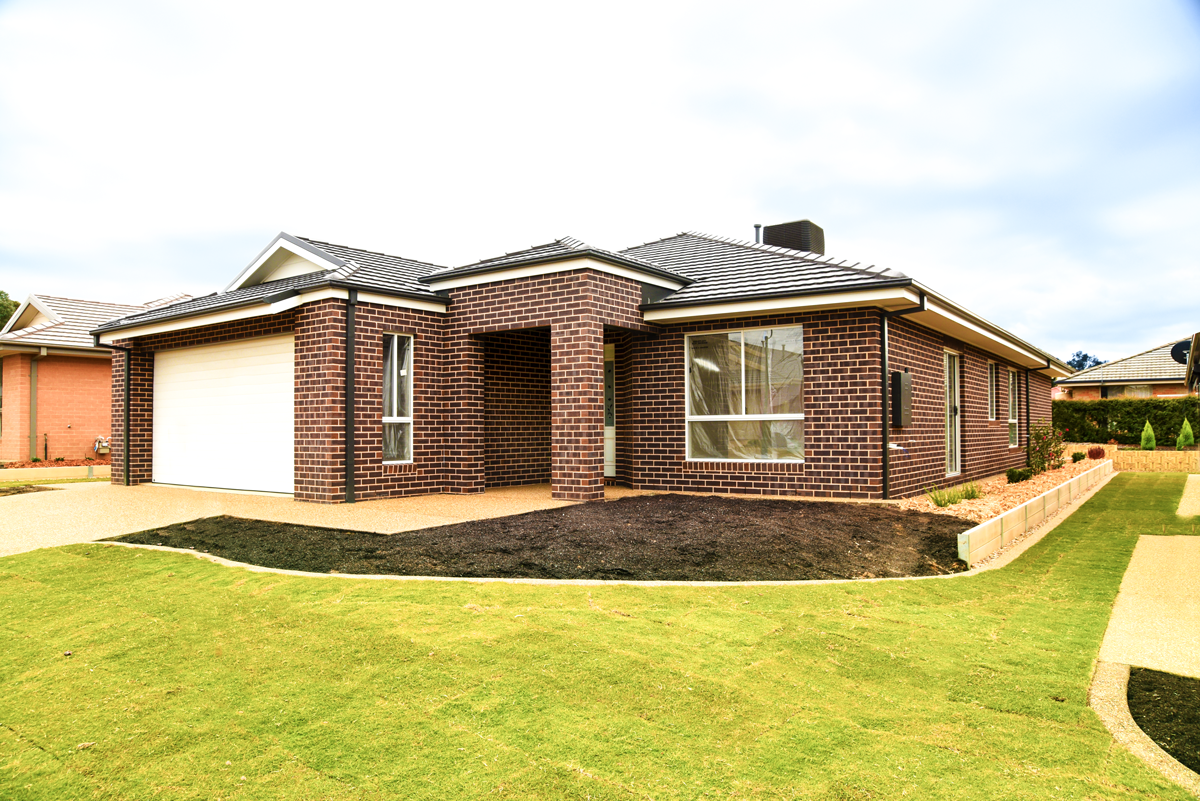
Save energy with your heating and cooling
Did you know that around 40% of your home energy use goes into heating and cooling?
4) Keep an even keel with your air con
Here’s something to bear in mind: for every degree you increase your heating or cooling, your energy use increases by between 5% and 10%.
For the most efficient heating and cooling, set your air con to 21°C all year round. That’s a comfortable temperature for your home, no matter what the weather’s doing outside.
5) Make sure your home is draught-proof
You can cut your energy bill by up to 25% by making sure air isn’t either escaping out, or creeping in. Use a ‘door sausage’ to seal the gap under doors, and make sure your windows, skylights, skirting boards and cornices are fully sealed.
6) Keep the windows covered
If you’re spending money to heat or cool your home, you don’t want that precious conditioned air to escape through your windows. Ensure you have the proper curtains or blinds to prevent heat entering or leaving (depending on the season). You could even consider the option of double glazing.
7) Fresh is best – and it’s free
Remember the days when you used to open the windows if it was hot and pull on a jacket when it cooled down? You’ll certainly save money on your electricity bill if you wait until you absolutely need it to turn on that fan or air conditioner. Fresh air is also better for your health and won’t dry your skin as much. Fitting adjustable locking windows is a great idea.
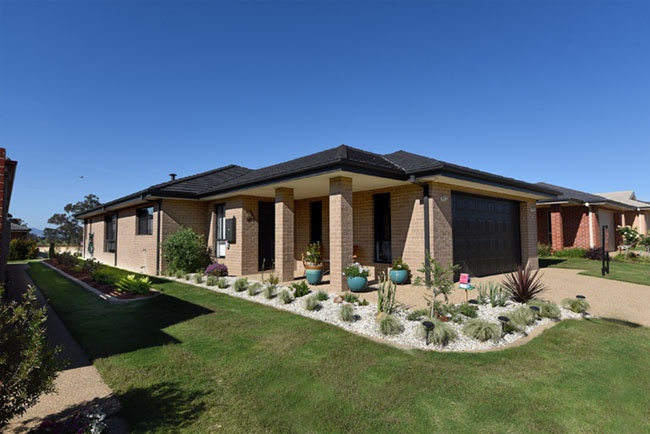
8) Turn on the fans, not the air conditioner
Cost-wise your fan is about two cents an hour to run. That’s a lot less than your air con!
On a warm day you may only want a little breeze to feel comfortable. If you’ve opened up the windows, your fans will help circulate the breeze and can drop the temperature by up to 3°C.
9) Use your fans effectively in winter
Modern ceiling fans have both winter and summer settings. On the summer setting, the blades push the hot air upwards and cool air down, while in winter the warm air can be circulated downwards. Make sure you ask someone to check the settings for you. Don’t go climbing up to the fan yourself!
How to save energy with your lighting
Your lighting accounts for between 8% and 15% of your energy bill.
10) Make the most of nature’s lighting
By using natural lighting you’re instantly saving on electricity and maybe getting a little vitamin D boost as well! Open up the curtains or blinds, or better still, go outside and enjoy the sunshine.
11) Lighten up your home
A dark interior needs more lighting. So when you’re considering your home’s décor, think about painting the walls in lighter colours that reflect natural light and reduce the need for electrical lighting.
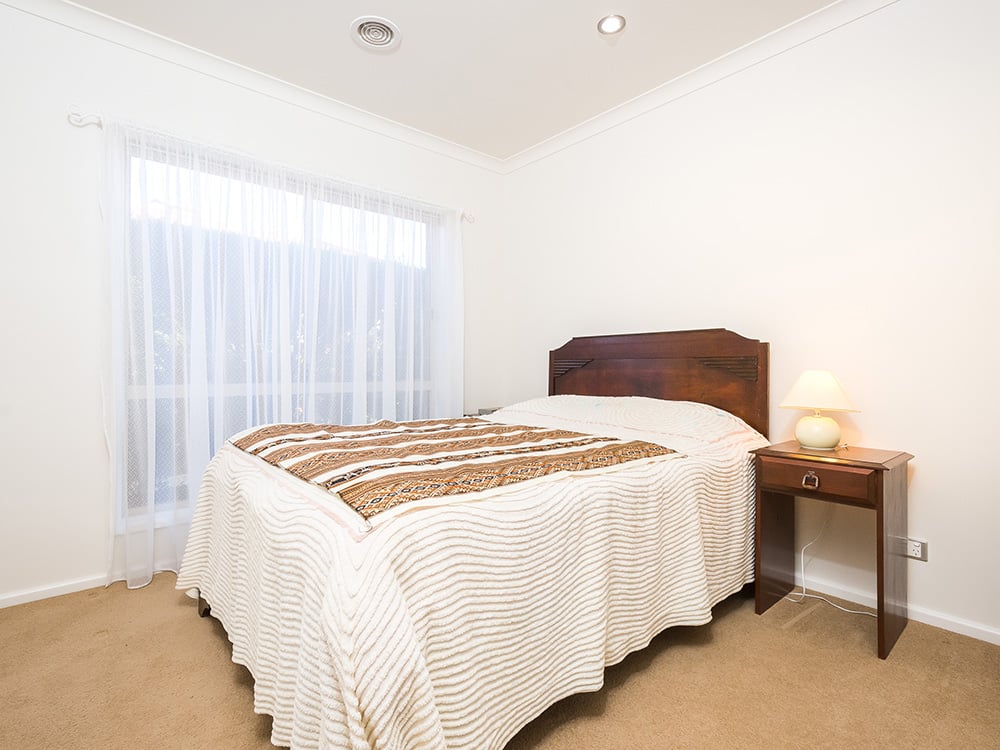
12) Use your lighting efficiently
Remember how mum always used to nag us to “Turn the light off when you leave the room!” Well, Mum had a point and it saved money!
You can also save by using a small lamp rather than an overhead light where possible such as for reading, crafts, or doing the crossword.
13) Switch to energy-efficient lighting
Once your old-style globes blow, replace them with energy-efficient LED’s. They last between four and ten times longer and use around 80% less energy.
Save power & money with your hot water
Around 25% of your energy bill will be for heating the water for your home.
14) Get the temperature right
Check your temperature is set properly. For instantaneous gas hot water systems the recommended setting is 50°C.
15) Install a water-efficient shower head
An old-style shower head gets through 15 to 20 litres of water every minute. A modern three star rated shower head uses just nine litres of water per minute.
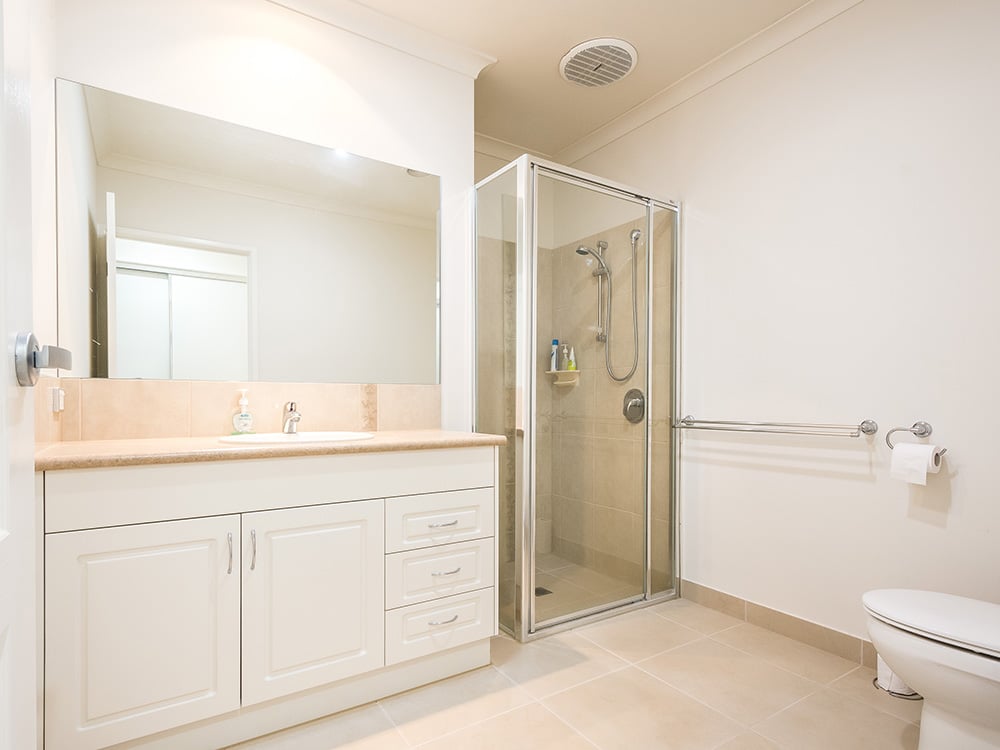
That means if your shower lasts six minutes, a water-efficient shower head can save you around 50 litres of water every time you shower. That equates to around 20,000 litres of water per person per year. That’s a lot of water... and a big electricity or gas cost!
16) No need to turn it off when you’re away
When you have an instantaneous gas hot water system, you don’t need to turn it off when you go away to save money.
17) Invest in an energy efficient hot water system
There’s no need to replace your hot water system until it fails. When you do, look for an energy-efficient model that will save your power costs.
Save energy with your appliances
Approximately 30% of your power usage will be through the appliances you use.
18) Buy energy efficient appliances
The Energy Rating label on major appliances shows you how efficient that model is: the more stars, the more efficient. Choosing an energy-efficient model may cost you a little more in initially, but will greatly reduce your running costs over the life of the product.
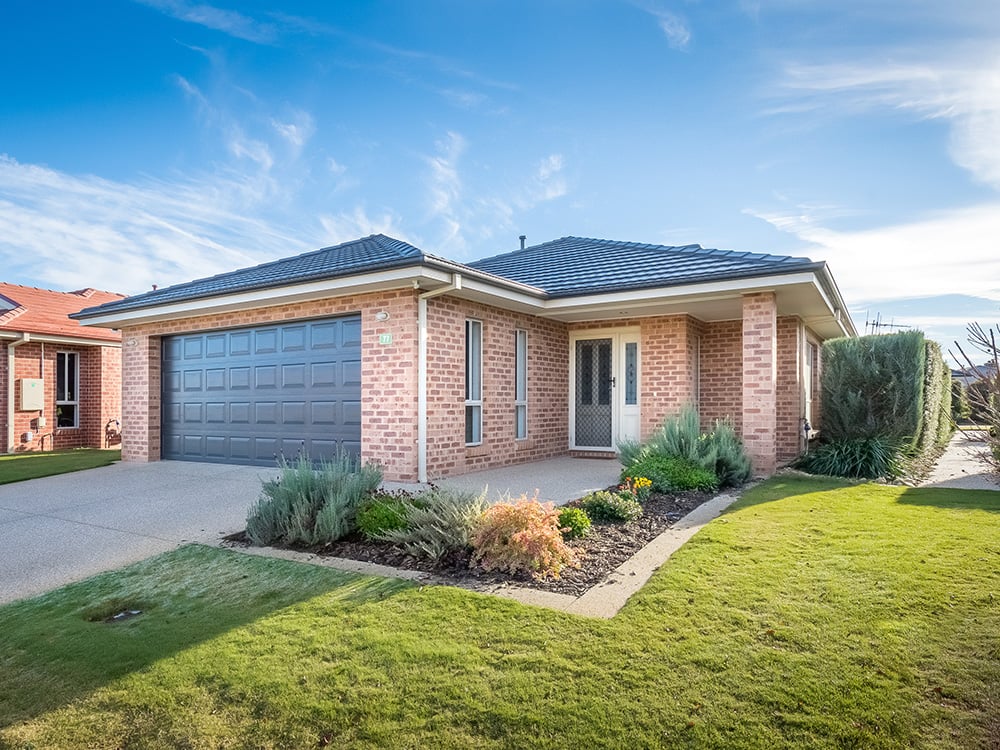
19) Save water as well as electricity
When you’re looking at buying a dishwasher or washing machine, look for both the energy and water efficiency star ratings. Buying a machine that has high ratings in both areas will add up to savings in energy and water.
20) Use your appliances wisely
You can save up to 10 times more energy by washing your clothes in cold water instead of warm water. You’ll save even more by not washing in hot water.
21) No need for standby
Check which of your appliances gobble up power when they’re not in use. Your TV is a great example! Switching these appliances off at the wall can save you 3% on your power bill. The obvious exception is any medical equipment which needs to remain on at all times.
See our modern, energy efficient homes at Kensington Gardens
The team at Kensington Gardens Retirement Estates at Albury and Shepparton will be happy to help you choose the ideal home to suit your retirement lifestyle. Energy savings are just one factor to consider.
If you’d like more information about the type of home that will suit you, download our guide to The Best Retirement House Design Features. It will walk you step by step through all the features to look for when you’re choosing your home for retirement.
And if you’d like to see our homes for yourself, arrange your personal tour by calling Kensington Gardens today or get in touch online to book a time to come in and visit us.





